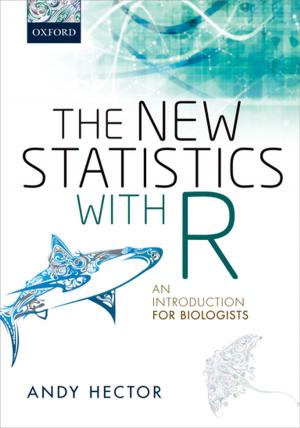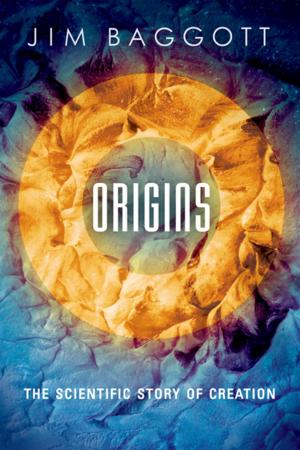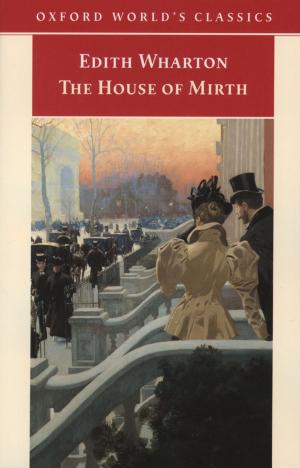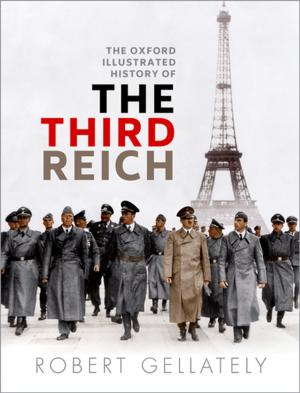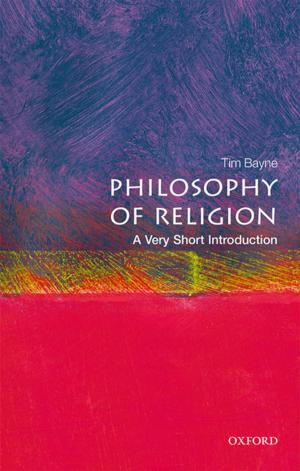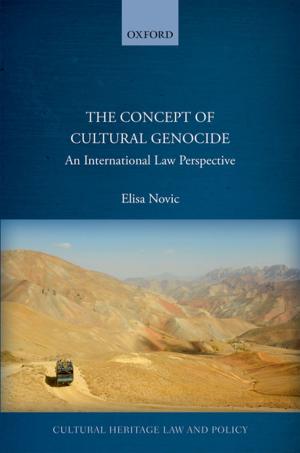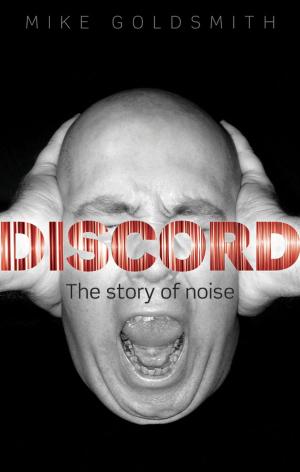Democracy and Political Culture
Studies in Modern British History
Nonfiction, History, British, Modern| Author: | Ross McKibbin | ISBN: | 9780192570987 |
| Publisher: | OUP Oxford | Publication: | February 21, 2019 |
| Imprint: | OUP Oxford | Language: | English |
| Author: | Ross McKibbin |
| ISBN: | 9780192570987 |
| Publisher: | OUP Oxford |
| Publication: | February 21, 2019 |
| Imprint: | OUP Oxford |
| Language: | English |
Democracy and Political Culture: Studies in Modern British History attempts to give a total picture of the political-social culture of Great Britain in the twentieth century. To do so it chooses a number of particular subjects which nonetheless stand for this culture as a whole, and which together allow us to reach a number general conclusions about modern British history. In this sense it is a successor to McKibbin's previous collection of essays, The Ideologies of Class (1991), while it also takes up a number of the themes of his Classes and Cultures (1998). Above all, it is a study of British democracy and asks the questions: what does it mean to describe Britain as a democratic society and how might we measure it against other comparable societies? To do so, McKibbin has chosen not only more 'global' subjects - Britain's social structure and the sources of political authority; the social and political effects of the first world war; Britain's electoral and party system; its literary culture; its sporting culture, and the relation of that culture to the rest of the world, as well as to Britain itself; and a comparison of Britain's political culture with one of the closest comparable societies, Australia, and what that tells us about Britain - but also individual studies of three men, very prominent in British life, who, in different ways, both contributed to Britain's political culture and were also students of it: J.M. Keynes, an economist, Harold Nicolson, a politician and writer, and A.J. Cronin, a novelist. All three represented British political culture in its broadest spectrum.
Democracy and Political Culture: Studies in Modern British History attempts to give a total picture of the political-social culture of Great Britain in the twentieth century. To do so it chooses a number of particular subjects which nonetheless stand for this culture as a whole, and which together allow us to reach a number general conclusions about modern British history. In this sense it is a successor to McKibbin's previous collection of essays, The Ideologies of Class (1991), while it also takes up a number of the themes of his Classes and Cultures (1998). Above all, it is a study of British democracy and asks the questions: what does it mean to describe Britain as a democratic society and how might we measure it against other comparable societies? To do so, McKibbin has chosen not only more 'global' subjects - Britain's social structure and the sources of political authority; the social and political effects of the first world war; Britain's electoral and party system; its literary culture; its sporting culture, and the relation of that culture to the rest of the world, as well as to Britain itself; and a comparison of Britain's political culture with one of the closest comparable societies, Australia, and what that tells us about Britain - but also individual studies of three men, very prominent in British life, who, in different ways, both contributed to Britain's political culture and were also students of it: J.M. Keynes, an economist, Harold Nicolson, a politician and writer, and A.J. Cronin, a novelist. All three represented British political culture in its broadest spectrum.


